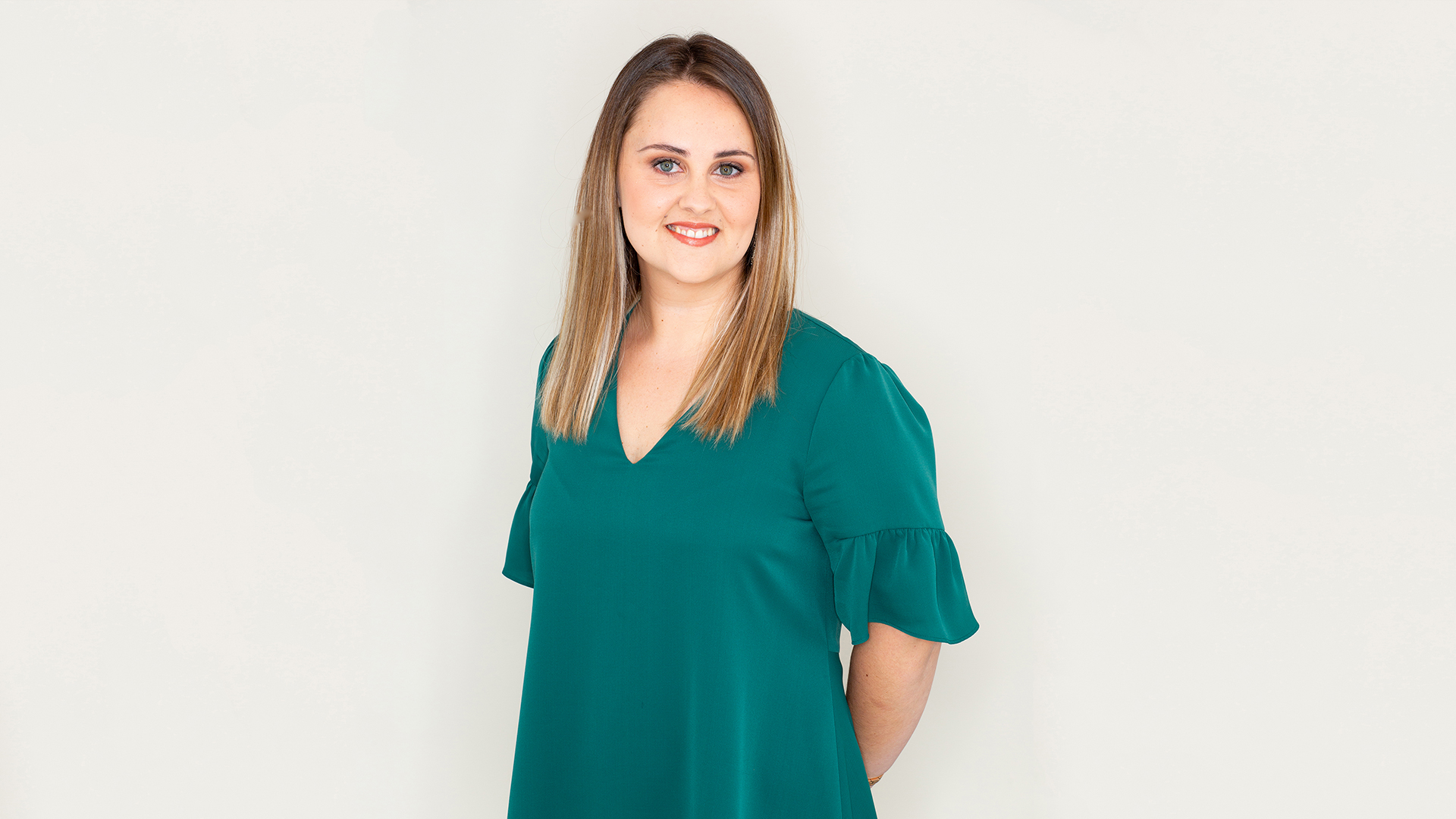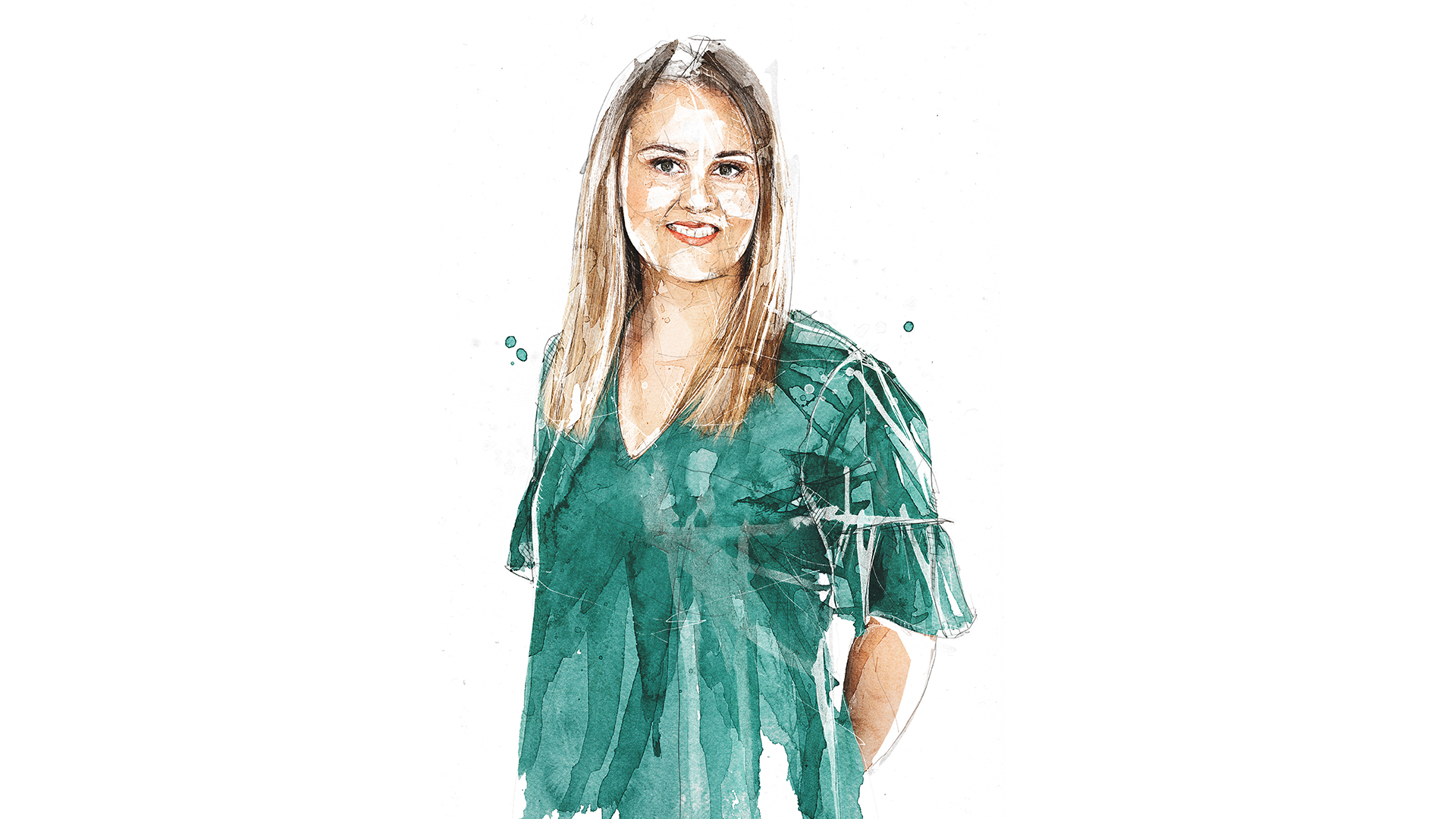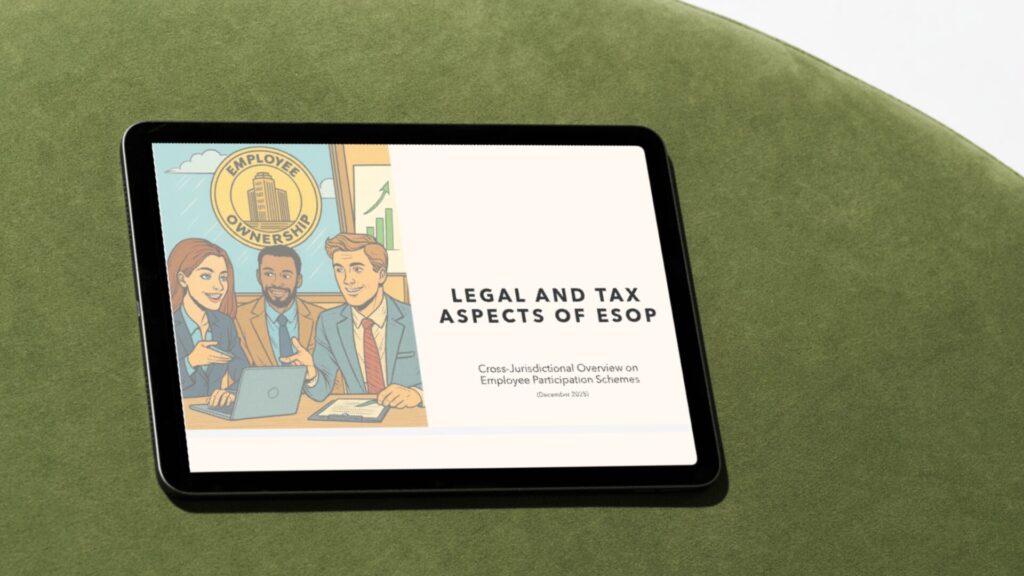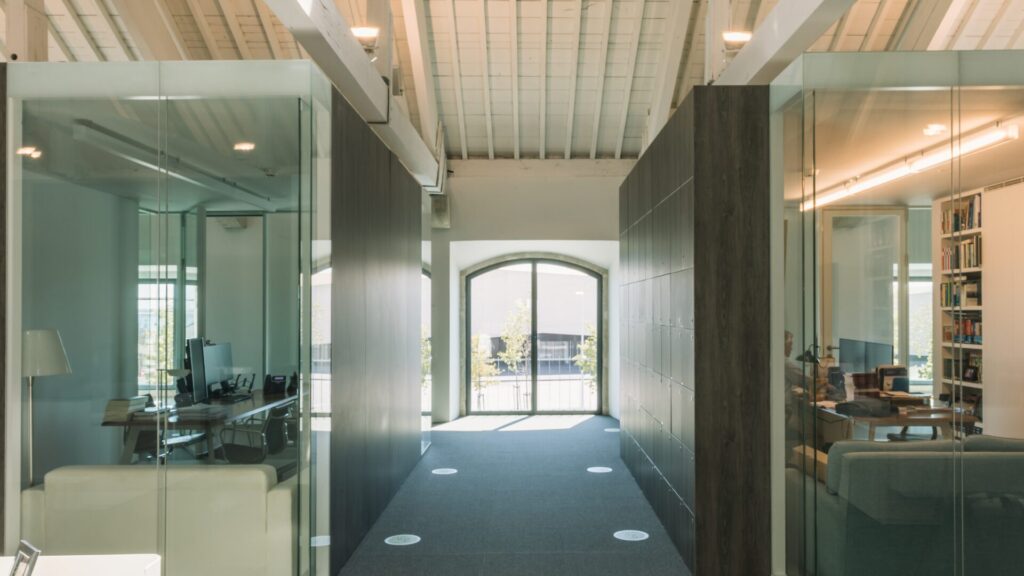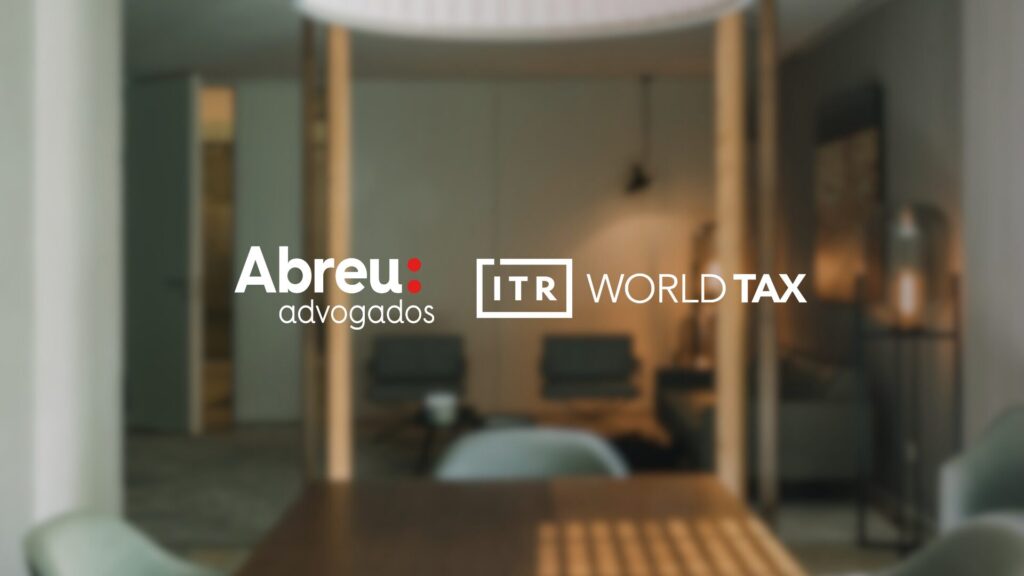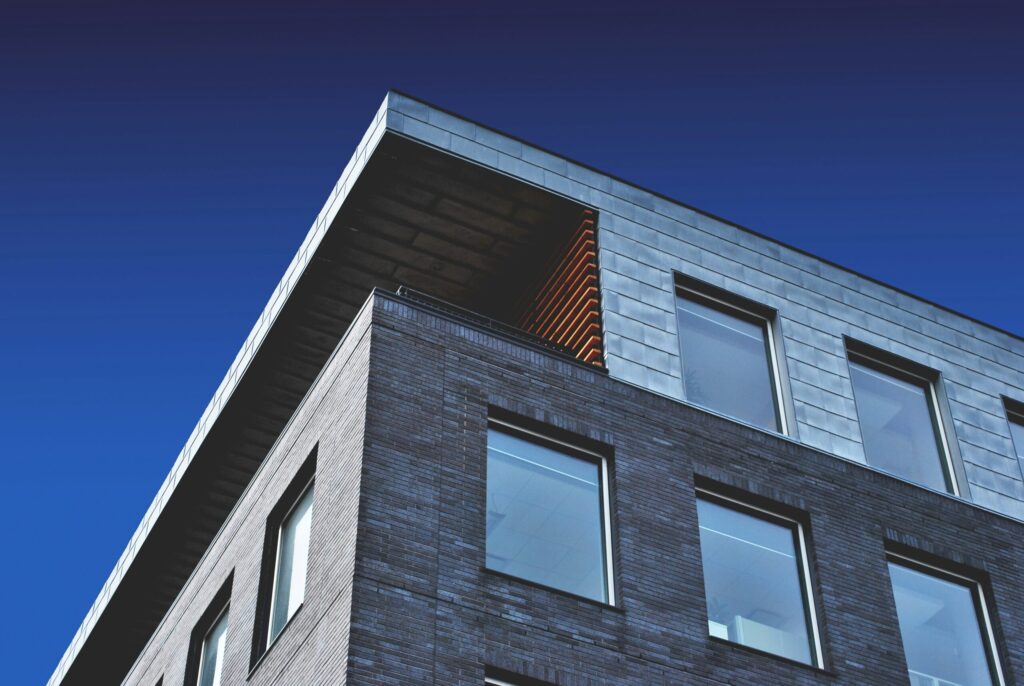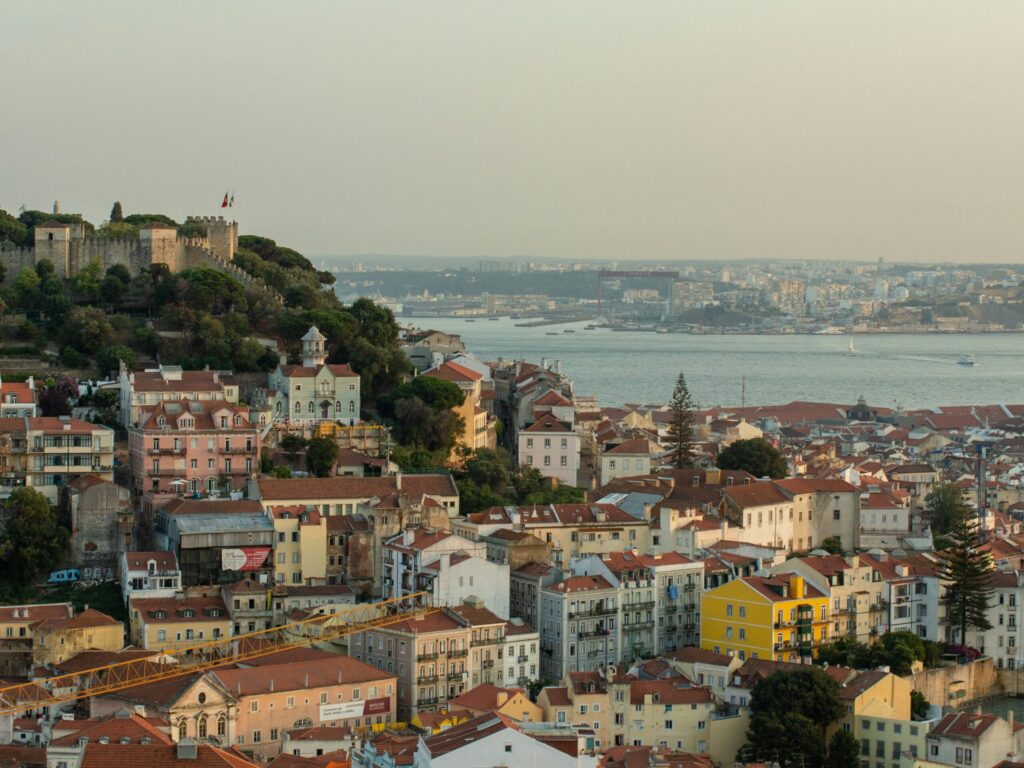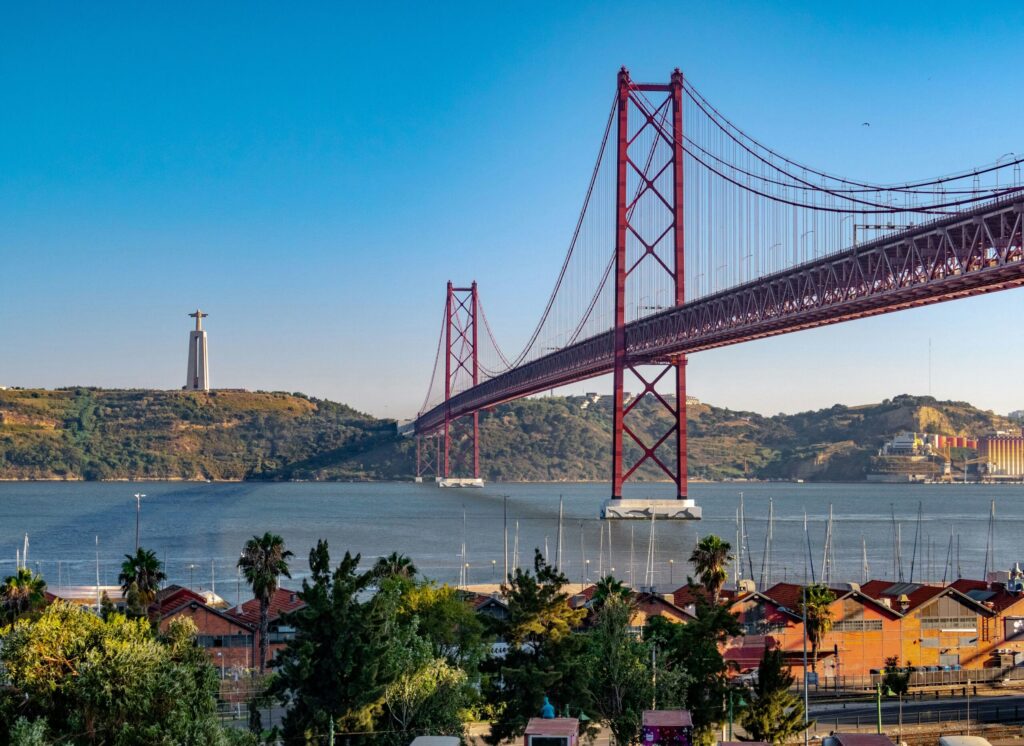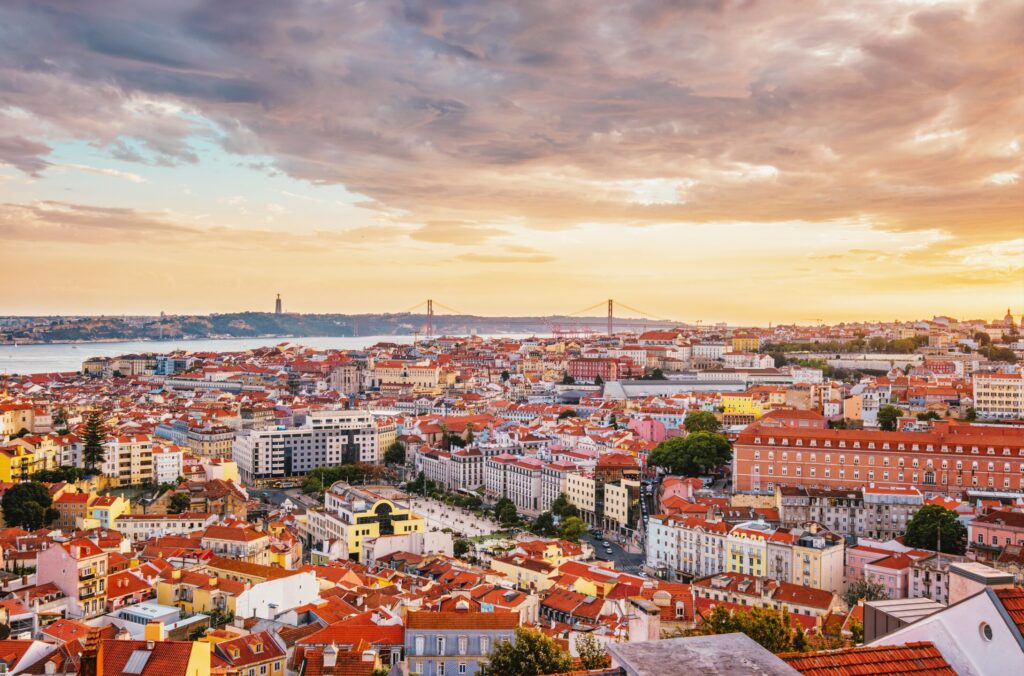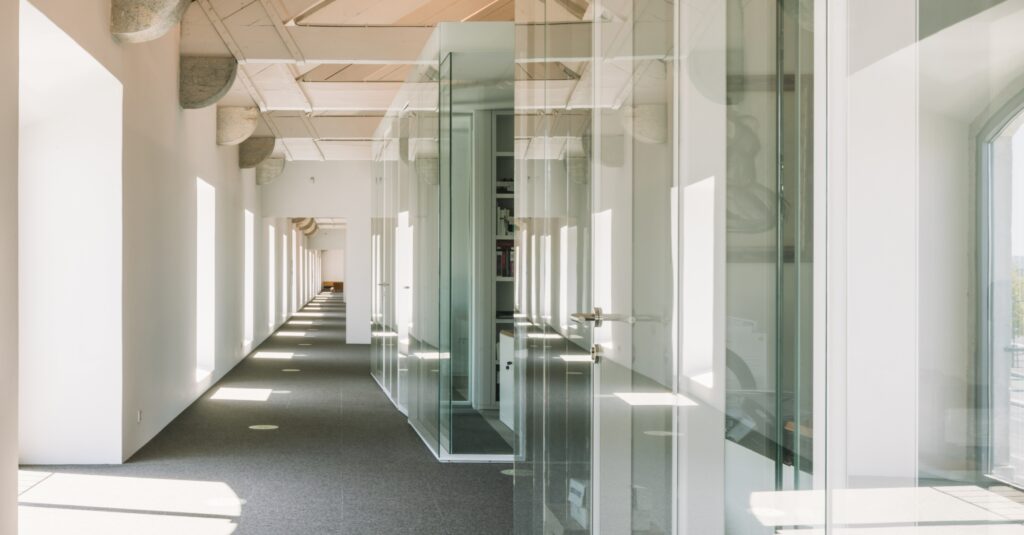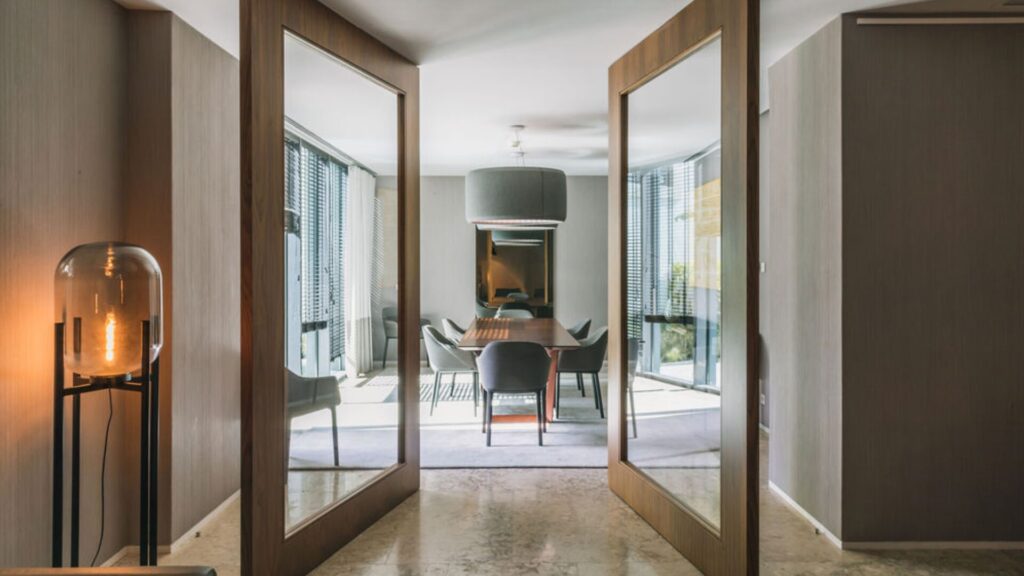Portugal Residency — Faster Alternatives to the Golden Visa
Introduction
Portugal’s Golden Visa is well known, but it is not the only door to residency. For third-country nationals who intend to live in Portugal—rather than make an investment and visit occasionally—there are D-type residency visas that do not require any qualifying investment in Portugal.
These routes are typically more flexible, less expensive on the investment front, and—once a complete file is submitted—can often lead from visa issuance to residence permit in roughly six months, subject to appointment availability.
The main residency visas (besides the Golden Visa)
These visas are for citizens of Third Countries who intend to relocate to Portugal, meaning that applicants need to move to Portugal and become Portuguese tax residents.
Residency visas are issued by Portuguese consulates (or VFS where applicable) and generally allow two entries in the Portuguese territory. They are valid for a period of 4 months.
During that time, the holder of a residence visa is required to exchange the visa to a residence permit with the Immigration Office (AIMA – Agência para a Integração, Migrações e Asilo).
The decision on the granting of the visa usually comes within 60 days of the submission of the visa application at the Consulate/VFS Global. After the visa is issued, the Applicants can enter Portugal twice during a 4-month period, during which they must also apply for a temporary residence permit.
The Applicant must not be absent from Portugal for more than 6 consecutive months or 8 non-consecutive months during the validity of each residence card, under penalty of not renewing the residence permit or having it cancelled before the expiry date.
Types of visas:
D1 Visa – Dependent workers
- Employed persons – dependent workers who want to work in Portugal under a subordinate employment contract;
D2 Visa – Entrepreneurial immigrants or independent workers
- Self-employed persons – independent or liberal professionals who want to develop their activity in Portugal and already have a services agreement entered into with a Portuguese company or employer;
- Entrepreneurs who want to open a business or a branch of an existing business in Portugal;
D7 Visa – Retirees or people living on their own income
- Retirees and those who earn income from a specific sources on a regular basis – from movable and immovable property, intellectual property or financial assets.
D8 VISA – Digital Nomad Visa
- Professionals who wish to migrate to Portugal for the purpose of performing salaried work or independent professional activity for companies located abroad. It is necessary to prove a minimum monthly income of at least EUR 3,480.00.
It is crucial to understand that the visas mentioned above also grant citizens the right to apply for permanent residency or Portuguese nationality after 5 years of legal residency in Portugal, just like the Golden Visa.
Conclusion
For those who truly intend to relocate to Portugal, there are several alternatives to the Golden Visa that do not require an investment in Portugal. These D-type routes are, in practice, more flexible, less costly on the investment side, and—where files are complete and appointments are available—faster, with many cases moving from visa submission to residence card in about six months.
If your goal is to live in Portugal, build your life here, and progress toward long-term residence or citizenship, these visas offer a pragmatic, time-efficient path without tying up capital in Portuguese investments.



